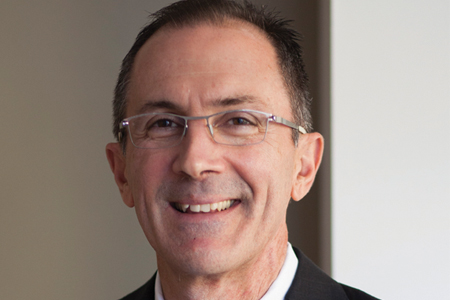The Power Of Specificity
By Mario Moussa, president, Moussa Consulting
 They thought he had lost his mind. The business was teetering on the brink of bankruptcy, but the CEO had latched onto a decidedly nonstrategic topic: workplace safety. No one could possibly say it was unimportant, but concerned investors wanted to hear details about markets, revenues, and profit. Where was the business plan?
They thought he had lost his mind. The business was teetering on the brink of bankruptcy, but the CEO had latched onto a decidedly nonstrategic topic: workplace safety. No one could possibly say it was unimportant, but concerned investors wanted to hear details about markets, revenues, and profit. Where was the business plan?
An analyst asked about finance metrics. Nothing doing. “I’m not certain you heard me,” the CEO answered. “If you want to understand how Alcoa is doing, you need to look at our workplace safety figures.”
You might recognize the speaker as Paul O’Neill, who merits a whole chapter in Charles Duhigg’s The Power of Habit: Why We Do What We Do in Life and Business. A year after O’Neill gave his unexpected lecture about workplace safety to a group of dismayed shareholders and industry observers, company performance had rebounded and profits had reached record highs.
In bringing Alcoa back from the precipice, O’Neill pursued a strategy embraced by leaders in every industry: he got specific. He avoided the all-too-common CEO “cheerleading,” as he put it dismissively, and focused on just one concrete thing. Research on positive behavioral change has confirmed the efficacy of pinpointing measurable actions and monitoring small, step-by-step improvements.
GETTING SPECIFIC REQUIRES BEING A STAR LEADER
My own research has shown that successful leaders use the power of specificity to create the conditions for peak performance. I like to say, be a “STAR.” In other words, target Specific objectives, Take small steps toward achieving them, Alter the environment to remove barriers to action, and temper their aspirations with Realism.
To get specific with your own team, start by using “feedforward.” Why feedforward? Traditional feedback is important, but it tends to be heavily focused on what went wrong in the past rather than what can be done differently in the future. Leadership coach Marshall Goldsmith coined this term to highlight the importance of looking ahead toward specific ways to make positive change. To see how this works, consider a colleague who always shows up late to meetings. Rather than saying: “You’re always late, and it prevents us from getting to important items on our agenda,” imagine saying something along the lines of: “If you aim to be at meetings 10 minutes early, it will help us make sure we can get started on time and hit every item on our agenda.”
Getting specific is the key to inspiring passion and commitment on your team. Elite athletes achieve peak performance by focusing on small, realistic improvements that make a difference. So do great artists, brilliant scientists, and admired political leaders. They all behave like STARs. If you want to get the most out of your people, you should too.

